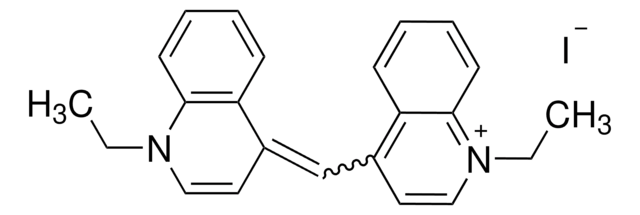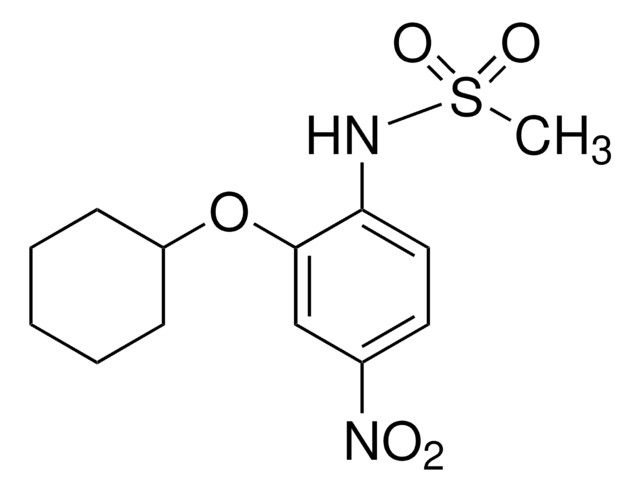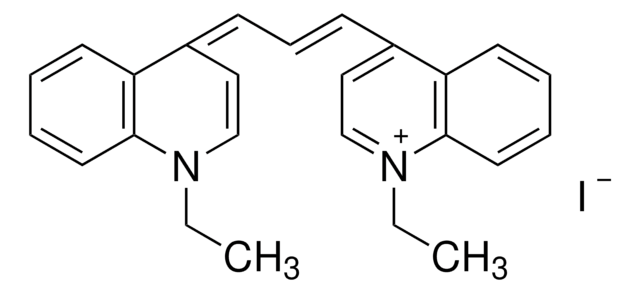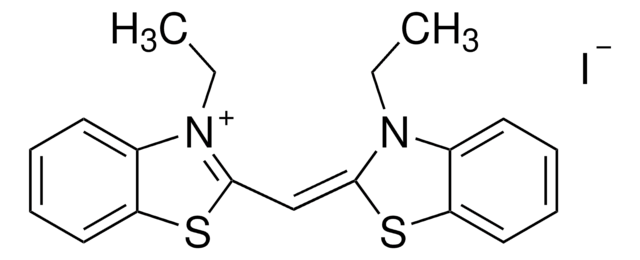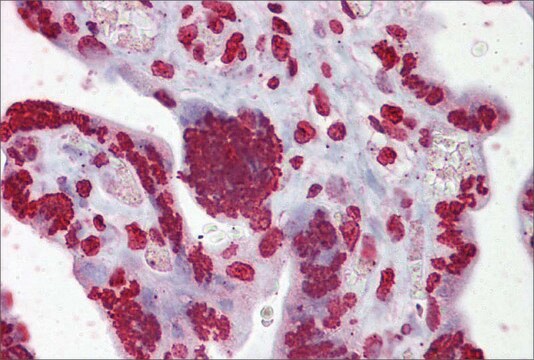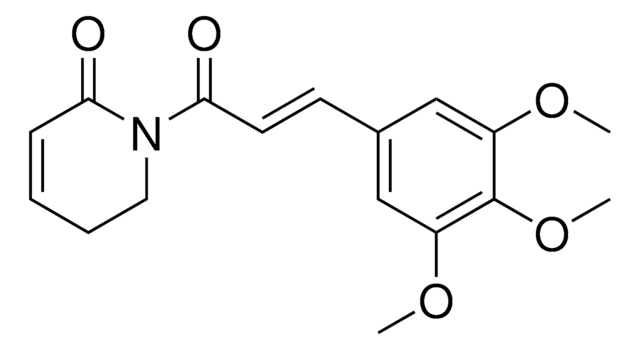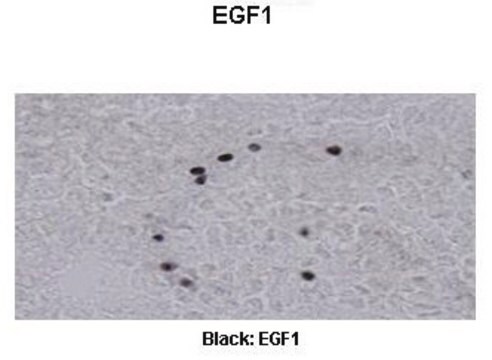MABC1023
Anti-EGR1 Antibody, clone 16A10.1
clone 16A10.1, from mouse
Synonym(s):
Early growth response protein 1, AT225, EGR-1, Nerve growth factor-induced protein A, NGFI-A, Transcription factor ETR103, Transcription factor Zif268, Zinc finger protein 225, Zinc finger protein Krox-24
About This Item
Recommended Products
biological source
mouse
Quality Level
antibody form
purified immunoglobulin
antibody product type
primary antibodies
clone
16A10.1, monoclonal
species reactivity
human
technique(s)
immunocytochemistry: suitable
western blot: suitable
isotype
IgG1κ
NCBI accession no.
UniProt accession no.
shipped in
wet ice
target post-translational modification
unmodified
Gene Information
human ... EGR1(1958)
General description
Immunogen
Application
Apoptosis & Cancer
Transcription Factors
Quality
Western Blotting Analysis: 0.5 µg/mL of this antibody detected VEGF-induced EGR1 expression in serum-starved HUVECs.
Target description
Physical form
Storage and Stability
Other Notes
Disclaimer
Not finding the right product?
Try our Product Selector Tool.
recommended
Storage Class Code
12 - Non Combustible Liquids
WGK
WGK 1
Flash Point(F)
Not applicable
Flash Point(C)
Not applicable
Certificates of Analysis (COA)
Search for Certificates of Analysis (COA) by entering the products Lot/Batch Number. Lot and Batch Numbers can be found on a product’s label following the words ‘Lot’ or ‘Batch’.
Already Own This Product?
Find documentation for the products that you have recently purchased in the Document Library.
Our team of scientists has experience in all areas of research including Life Science, Material Science, Chemical Synthesis, Chromatography, Analytical and many others.
Contact Technical Service